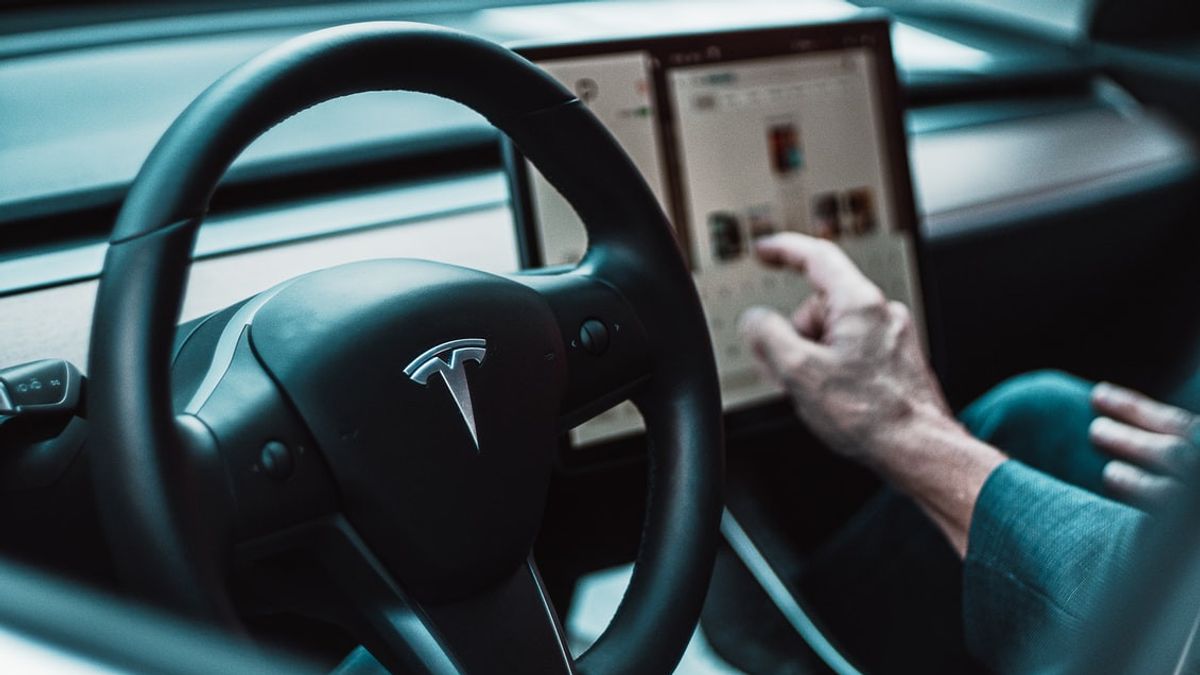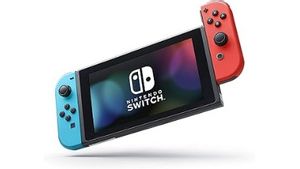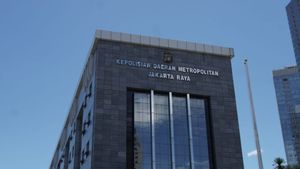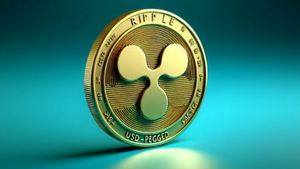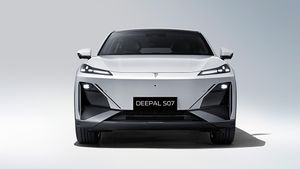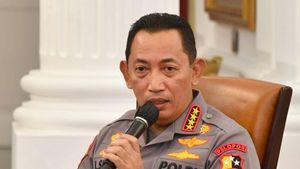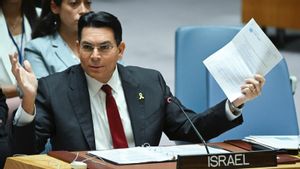JAKARTA – A Tesla owner filed a class action lawsuit against the car manufacturer, last June 24 in the Alameda County High Court, USA. The plaintiffs allege that the defendants violated their promise to charge lifetime electric vehicles free of charge for multiple owners.
Previously, to increase sales from 2012 to 2016, Tesla promised most buyers of certain car models that they could use the Tesla Supercharger network for free for life.
However, at the end of 2016, the company actually charged drivers who left their cars on the Supercharger after the vehicle had finished charging. This "idle fee" is US$0.50 per minute, or US$1 per minute when the station is at full capacity.
Reported by Bloomberg, Kevin Shenkman, an attorney in Southern California, filed a complaint against automaker Tesla on June 24 in Alameda County Superior Court. He noted that the fee could mean that "Tesla is breaking its promise to provide free Supercharging for life."
The complaint alleges Tesla breached its contract and violated California's advertising and competition laws. The lawsuit alleges seeking class action status, with class members limited to California residents who purchased a Supercharger-capable vehicle before December 17, 2016.
Residents who bought some Tesla models with smaller batteries and those who bought cars after March 2017 didn't get free Supercharging for life.
Seth Yohalem, from the office of Waskowski Johnson Yohalem LLP, as Shenkman's attorney has declined to comment on the lawsuit. Meanwhile, Tesla did not provide any comment even though it had been contacted by US media several times.
In December 2016, Tesla introduced idle charge for its Supercharger. If the driver or car owner doesn't pay, then Tesla cuts the service.
Shenkman was once forced to pay a fee. He had to pay $83,570 for his Tesla Model S in 2014. Even though according to the purchase agreement it was "Supercharger Enabled," the lawsuit says. Until now Shenkman still refuses to pay idle fees at this Tesla charging station.
After Shenkman refused to pay idle fees, he was told that his car could not access Supercharging unless he paid the fine beforehand. The warning letter that Tesla sent last February is now evidence in Shenkman's lawsuit.
The lawsuit says that Shenkman bought his Tesla "specifically because he understood that Supercharging would be free for life" and that he "wouldn't have bought a Tesla if it had been otherwise."
In the lawsuit, Shenkman said he sought to represent all Tesla owners to recover their costs and damages. He continues to seek court orders to stop Tesla's policy of charging other car owners like himself.
"Tesla's changes significantly undermine the value proposition it had promised early customers," the lawsuit said.
Tesla now has about 2,800 Supercharger sites globally, including about 1,100 in the US. But these power stations became "overcrowded" as Tesla's sales increased.
"It appears that Tesla admitted to charging a Supercharging fee to address the increasing demand for Supercharger usage caused by Tesla's increased production," Yohalem wrote in a letter to Tesla in February.
Tesla had "long planned" the launch of more vehicles "and should have known" that it "would result in a shortage of available Superchargers."
A study by University of California Davis researchers published earlier this year argues that charging is a barrier to electric vehicle ownership. This is the main reason EV owners are returning to gas vehicles.
The English, Chinese, Japanese, Arabic, and French versions are automatically generated by the AI. So there may still be inaccuracies in translating, please always see Indonesian as our main language. (system supported by DigitalSiber.id)
